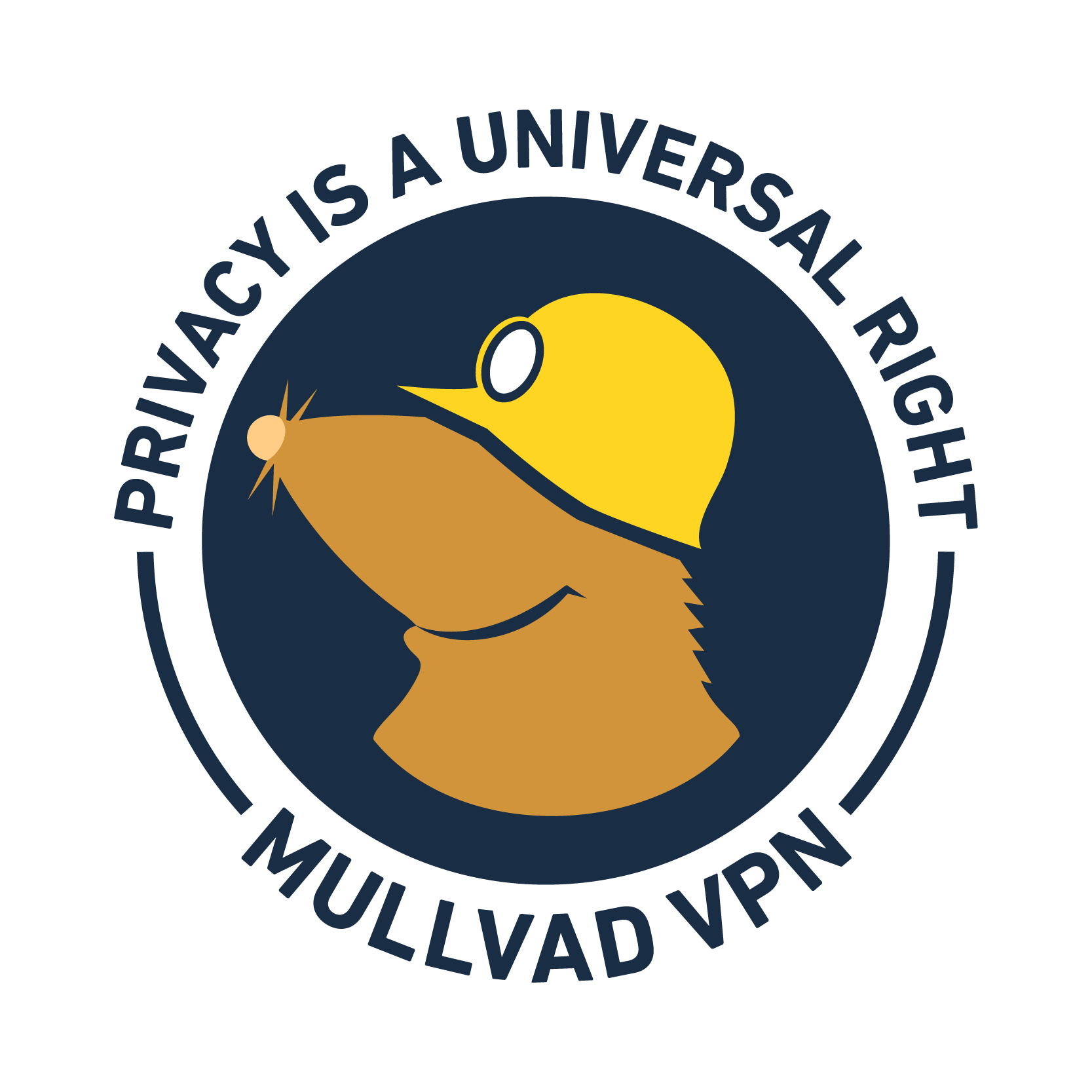- cross-posted to:
- technews
- cross-posted to:
- technews
cross-posted from: https://lemmy.blahaj.zone/post/2728889
From the article:
Since Tailscale was founded in 2019, customers have been forced to choose between either Tailscale or Mullvad without the ability for them to co-exist.
Today we announce a partnership with Tailscale that allows you to use both in conjunction through the Tailscale app. This functionality is not available through the Mullvad VPN app. This partnership allows customers of Tailscale to make use of our WireGuard VPN servers as “exit nodes”. This means that whilst connected to Tailscale, you can access your devices across Tailscale’s mesh network, whilst still connecting outbound through Mullvad VPN WireGuard servers in any location.Announcement also on Tailscale blog.



What does port forwarding gain you on a VPN? Sorry if the question is ignorant
You need it for file sharing apps like BitTorrent or Soulseek, if you don’t want to be seen as a leech, and/or you want to use private trackers where you need to maintain a good ratio. :)
Then you can just use a seed box on top of your downloading
Why would you use a seedbox if you have a home server? The home server can be the seedbox. A lot of homelabbers would have a good enough connection for it.
Edit: Using a VPN with port forwarding, of course.
Generally when you download files over torrent through your ISP, you end up getting love letters from rightsholders. I personally use a homelab NAS as my seedbox and for my public tracker stuff (as well as anime downloads over XDCC) I use Mullvad. I don’t seed overly much on public trackers because of it, but my ratio on private trackers is sky high because ISPs won’t send love letters for private trackers.
That’s why you use a VPN that allows port forwarding.
For the record, I’m pretty sure using Mullvad for XDCC is super overkill, but I wanted to have an excuse to break out userspace wireguard in a project and writing it all in Go made it so damn easy: https://github.com/Xe/x/commit/3d0647e946014516df33de0b18d2a16eec835bed
It can still ruin your ping when downloading.
Not if you properly setup your limits… and symmetrical fiber has become much more common.
You’re putting a lot of trust into these services that can just disappear one day. I’d rather rely on my own TrueNAS system, thanks.
Most private trackers don’t allow a shared VPN like Mullvad anyway. Some do but most don’t.
Most private trackers don’t allow you to browse the tracker site from a shared VPN, but I’ve never seen one that doesn’t allow your torrent client to connect over one. That would make no sense.
I haven’t personally seen a private tracker that blocks your actual bittorrent announces to the tracker with a VPN, though I know a couple prevent you from browsing the site itself with one.
From what I’ve read you need it for Bittorrent or at least the chance of failed downloads is higher without it.
Another use case (in addition to the BitTorrent use case) is if you want to host a site but hide your IP. You can run Nginx and configure it to listen on a port the VPN service has allocated to you. Good VPN services like AirVPN let you choose ports, and those ports are always allocated to you.
although people hosting illegal content using port forwarding is likely one of the reasons they removed it, so its a tricky problem
One of the main reasons people use VPNs is for illegal content… Port forwarding doesn’t change that.
sure illegal content can be accessed over a vpn without port forwarding, but when someone is hosting a child porn site over a mullvad ip, that is clearly a larger problem
Yeah, I assume the kind of people that runs a VPN doesn’t mind copyright infringement that much, but any sane person wouldn’t like to contribute to the distribution of CSAM even if they are legally not doing anything wrong.
That’s one of the main issues that criminals are more likely tonvalue privacy (for survival) than the average user that considers it a plus. And by criminal it can stretch from benign stuff like copyright infringement to being a hitman.